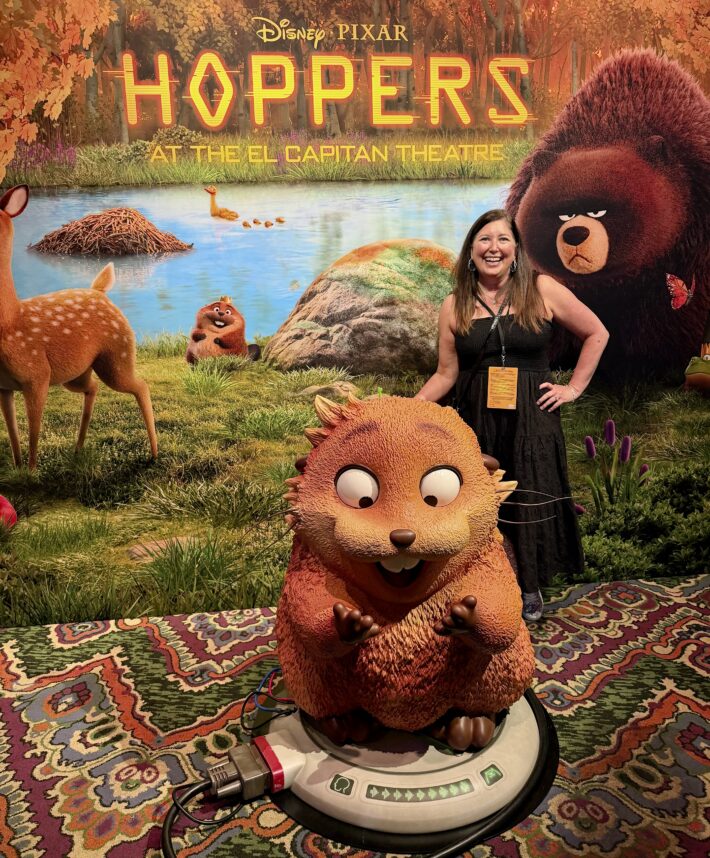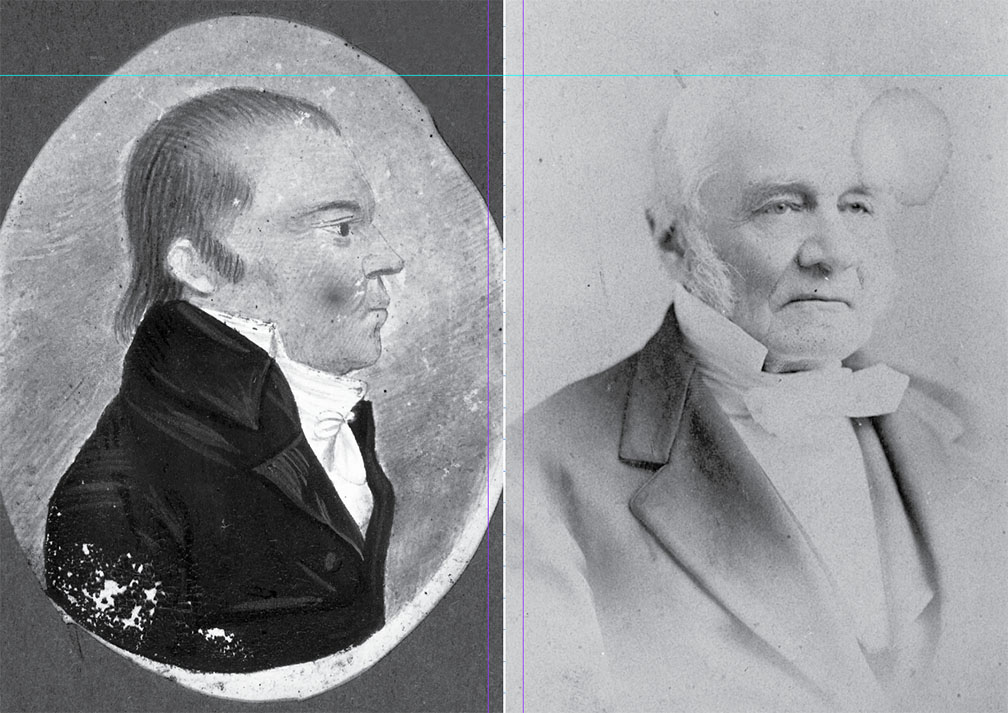
“Deadpan,” released in the spring by Heresy Press, is an unapologetically funny novel about a serious subject: Antisemitism, bigotry and hate. The satire, even though Richard Walter started writing the book in the 1970s, is incredibly timely.
“I’ve been working on this book for nearly 50 years,” Walter, an author, screenwriter and retired long-time chair of UCLA’s screenwriting graduate program, told The Journal.
Walter and his wife were visiting friends in Seattle, sitting around a fire, when he first got the idea.
“I was thinking about Kafka’s story, “Metamorphosis,” in which a man wakes up one morning to discover that he’s an insect, a bug, a beetle, depending on the translation,” Walter said. “I thought to myself, ‘What else could you wake up [as]?’”
He added, “If I were still at UCLA and a professor I would say that it’s an homage to Kafka, but since I’m gone from university, I’ll say I stole it from Kafka.”
Walter, who grew up in New York, thinks he must have been about 15 years old when he realized that there were people in the world who aren’t Jews.
“I’d heard vaguely about antisemitism. but I’ve never really encountered it in any way [until] 1973 [and] the Yom Kippur War,” he said. “At the time, I thought, ‘Since so many comedians are Jews, why not make it a Jewish comedian? And why not let the person, who is transformed into that comedian, be something of an antisemite who ends up spending the day in the life of the Jew.’”
That’s the basis for “Deadpan.”
Set during the oil crises of the 1970s, the narrative book features characters as diverse as Sarah Palin, Mel Brooks and the Shah of Iran and alternates between locations in West Virginia, Las Vegas, Washington, Tehran and Sinai. The novel is a celebration of dignity, resilience and humor, as well as a satirical takedown of antisemitism and bigotry.
“I don’t have a mezuzah on my door, I don’t keep kosher and I’m not a temple goer,” he Walter said. “But my Ashkenazi soul informs every thought that I have and every word that I write.”
Walter first sent out “Deadpan” in the late 1970s, and has submitted here and there over the years. But it was deemed too controversial to garner any real interest. Of 50 agents queried only three responded, and those were polite rejections.
“This is my sixth published book and my third novel,” Walter said. “My last novel was a Los Angeles Times bestseller, my nonfiction books on screenwriting for Penguin Random House have been in print for 35 years and my agent who sold my last novel would not even respond to a query regarding ’Deadpan.’”
At the beginning of the pandemic, Walter got a call from an agent who, decades ago, had represented him and “Deadpan,” asking about the book. He took it as a sign, and during lockdown, worked it through to the novel it is now.
Then, in early 2023, Walter read Pamela Paul’s column in Tthe “New York Times,” where she was talking about the plague of fear that has come over the publishing industry. She interviewed Bernard Schweizer, director and founder of of Heresy Press, who said they had formed the company to take on challenging and controversial subjects,
“As an educator now … there seems to be a necessity that everybody should be comfortable in a classroom,” Walter said. “I regarded it as my mission, as a teacher, to make people uncomfortable, to be provocative, to get them to think about difficult subjects and so on.”
Walter looked up Heresy Press online, and followed the submission guidelines, which included a sample chapter. He submitted on a Friday; on Monday morning he heard from Schweitzer, requesting for the full manuscript.
“I’ve often said to my students, one of the good things about writing is, it doesn’t matter how many people turn you down, all you need is one person to go for it,” Walter said. “If that hadn’t happened, nobody would feel sorry for me; I’ve lived a great life and I’m living a great life, but it is a great blessing.”
Walter said that all he was trying to do is tell a good, engaging story.
“What lies beneath this story thematically is the notion that this guy is kind of benign,” he said. “It’s the benign, seemingly superficial bigotry that we have to watch out for: it can erupt and become lethal in a hurry.”
He added, “People need to be aware of their own biases, and to … try to remember that we’re all brothers and sisters in the human family.”


































